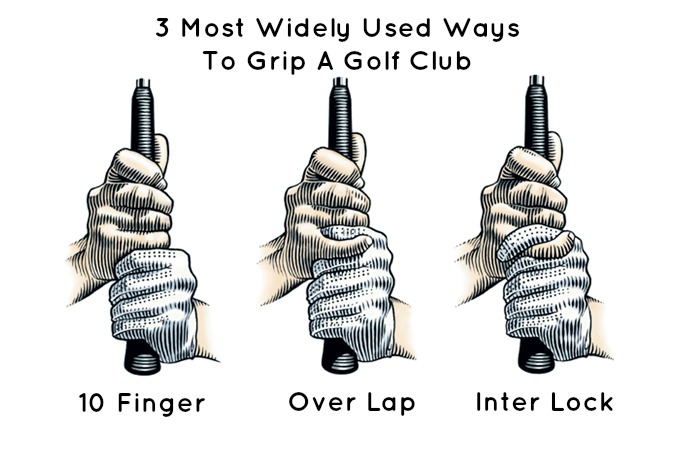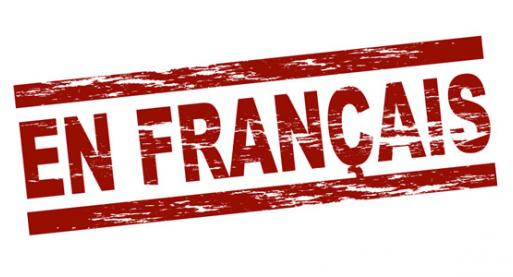5.1- Grip – Pressure
By gripping the club too tight, you are not allowing a better golf swing to happen and the direction of the ball will be affected. Gripping the club (Grip Pressure) is one of my favorite golf tip. It produces a better golf swing. How you hold the club can make a world of difference in your performance.
5.1- Grip – Pressure
By gripping the club too tight, you are not allowing a better golf swing to happen and the direction of the ball will be affected. Gripping the club (Grip Pressure) is one of my favorite golf tip. It produces a better golf swing. How you hold the club can make a world of difference in your performance.
Let Me Explain this Golf Tip: The way you place your hands on the club (holding the club) can promote either a Straight Shot, a Hook Shot (from right to left) or a Slice Shot (from left to right). The pressure you apply will also make a difference when holding the club too tightly. This can cause loss of feel and control. There are three options when holding the club. The one you choose is your preference. All 3 grips are good and can be used by anyone when gripping the club.

1) The Interlocking Grip: This grip is called the interlocking grip because of the interlocking of the left index finger and the small finger of the right hand. This is also a good way of holding the club. It promotes less wrist action than the 10 finger grip.
2) The Overlapping Grip: This grip is called the overlapping grip because the small finger of the right hand overlaps the index of the left hand. Close to 85% of all golfers on the PGA Tour uses this grip. It is said that it promotes a more passive action of the wrists during the swing.
3) The 10 Finger Grip: This grip is called the 10 finger grip because all ten fingers are touching the club. It also promotes more wrist action during the swing and is recommended for people with small hands and those whose hands and wrists are not particularly strong.
Caution: When interlocking, make sure your right hand does not interlock too far which would make it more of a palm grip and you would lose the finger contact which is more desirable and creates a better golf swing.
All grips are good. All golfers must respect the following factors when gripping the club:
-
Pressure applied on the club.
-
Placement of hands and fingers on the club.
-
Position of hands as the player addresses the ball.
Pressure Applied on the Club: A problem with many golfers stems from tension in the hands, arms and shoulders generally caused by holding the club too tightly. The result will probably be inconsistent direction and slicing of the ball.
Which fingers should apply the most pressure on the club? Even though the overall grip pressure is fairly light, most of it comes from the last three fingers of each hand. Try this educational drill and find out for yourself which are the fingers that apply the pressure. Apply pressure to a club with only the index and thumbs of both hands.
Which muscles in your forearms are contracting? Is it those in the top or the bottom of your forearms?
Apply Pressure: If you’re applying pressure to the club with the last 3 fingers of each hand, the lower muscles of your forearms will be contracted demonstrated by the yellow lines. These muscles are not attached directly to your shoulders, therefore, less tension will be created making this obviously the best choice in gripping the club and also creating a better golf swing.
THIS IS NOT GOOD: If you’re applying pressure with the thumbs and index fingers, the muscles that are contracting are the ones on top as demonstrated with the red lines. These are muscles that will create tension in your shoulders.






